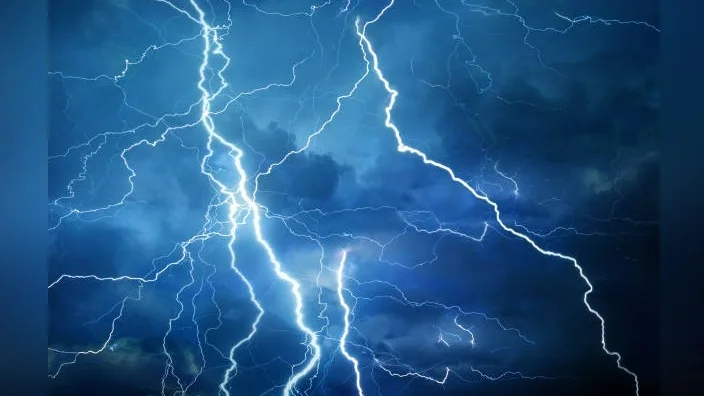Cardinal Grzegorz Rys of Lodz emphasized the role of humanity in the atrocities committed at Auschwitz during the 80th anniversary commemoration of the camp's liberation. He stated, "God did not create Auschwitz, God created man," and expressed that "God suffered a great deal in every single person who was here."
The event featured an interreligious prayer involving representatives from various faiths, including Judaism, Christianity, and Islam. Cardinal Rys participated alongside Archbishop Guido Filipazzi and Bishop Roman Pindel. Chief Rabbi of Poland Michael Schudrich led the Jewish delegation.
Auschwitz-Birkenau, established by Germans in occupied Poland, saw around 1.1 million deaths within five years. The majority were Jews, followed by Poles and Roma and Sinti people. Other victims included Soviet POWs and prisoners from diverse ethnic backgrounds.
On January 27, 1945, the Soviet Red Army liberated Auschwitz. This year's commemoration was attended by survivors and numerous global leaders such as Polish President Andrzej Duda, British King Charles III, Spanish King Felipe with Queen Letizia, German President Frank Walter Steinmeier among others.
Janina Iwańska shared her experiences as a former prisoner taken to Auschwitz during the Warsaw Uprising at age 14. She recounted her journey through different camps before liberation on May 2, 1945.
Jewish survivor Tova Friedman marked January 27 as her birthday since liberation. Reflecting on her past, she recalled harrowing memories from her time in the camp.
Cardinal Rys highlighted the importance of memory over history for future generations. He cited survivor Marian Turski's story about human solidarity in Auschwitz when fellow prisoners exchanged bread for his glasses to help him survive.
German President Steinmeier reiterated Germany's enduring responsibility for Nazi crimes while Chancellor Scholz urged education about the Holocaust for younger generations.
A recent survey revealed concerning gaps in Holocaust awareness among French adults and Americans but also showed widespread support for continued education on the topic.
King Charles III became the first British monarch to visit Auschwitz after attending the ceremony. He expressed disbelief upon seeing artifacts belonging to victims.
Iwańska concluded with a warning about avoiding future chaos by learning from past mistakes—a sentiment echoed as Ukraine's President Zelenskyy listened intently amid ongoing conflict with Russia.
 Alerts Sign-up
Alerts Sign-up






